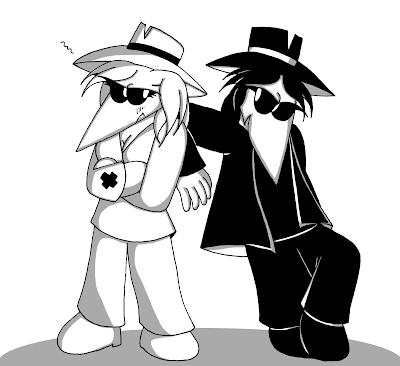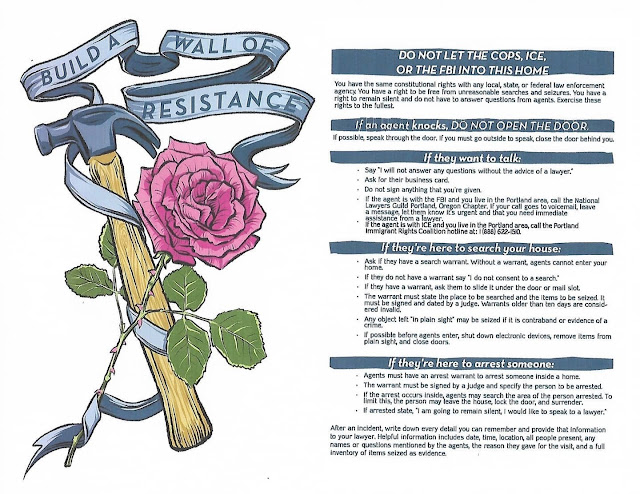Somebody’s Watching You - Government Spying in the Pacific Northwest
Why should we care about our digital footprints, about monitoring and surveillance of our daily activities? Do normal, honest, hard-working people really have anything to hide?
During his 2013 interview of Edward Snowden, in Hong Kong, Glenn Greenwald asked: “Why should people care about surveillance?” Edward Snowden's reply is even more pertinent today than it was in 2013: “Because even if you’re not doing anything wrong, you’re being watched and recorded. And the storage capability of these systems increases every year consistently, by orders of magnitude, to where it’s getting to the point you don’t have to have done anything wrong. You simply have to eventually fall under suspicion from somebody, even by a wrong call, and then they can use the system to go back in time and scrutinize every decision you’ve ever made, every friend you’ve ever discussed something with, and attack you on that basis, to sort of derive suspicion from an innocent life and paint anyone in the context of a wrongdoer.”
The American Civil Liberties Union (ACLU) stated “Privacy today faces growing threats from a growing surveillance apparatus that is often justified in the name of national security. Numerous government agencies—including the National Security Agency, the Federal Bureau of Investigation, the Department of Homeland Security, and state and local law enforcement agencies—intrude upon the private communications of innocent citizens, amass vast databases of who we call and when, and catalog “suspicious activities” based on the vaguest standards. The government’s collection of this sensitive information is itself an invasion of privacy. But its use of this data is also rife with abuse. Innocuous data is fed into bloated watchlists, with severe consequences—innocent individuals have found themselves unable to board planes, barred from certain types of jobs, shut out of their bank accounts, and repeatedly questioned by authorities. Once information is in the government’s hands, it can be shared widely and retained for years, and the rules about access and use can be changed entirely in secret without the public ever knowing.”
Even the most truthful and innocent comment can be used to bring criminal charges against you, or to get you listed as a “threat” by some government agency. U.S. Supreme Court Justice Stephen Breyer, writing in Rubin v. United States 524 U.S. 1301 (1998) stated: “The complexity of modern federal criminal law, codified in several thousand sections of the United States Code and the virtually infinite variety of factual circumstances that might trigger an investigation into a possible violation of the law, make it difficult for anyone to know, in advance, just when a particular set of statements might later appear (to a prosecutor) to be relevant to some such investigation.”
It may be true that you have nothing to hide, but it is also true that most people have things about their lives that they consider private, things that they don’t share with the public at large and things that should not be monitored and recorded by government agencies “based on the vaguest standards”.
The complete PDF (41 pages) (https://www.indybay.org/newsitems/2023/09/20/18859037.php) was shared with us by BlackBloc Combat Medics. We have included a copy in our Internet Archive (https://archive.org/details/@pnw_street_medics).



Comments
Post a Comment